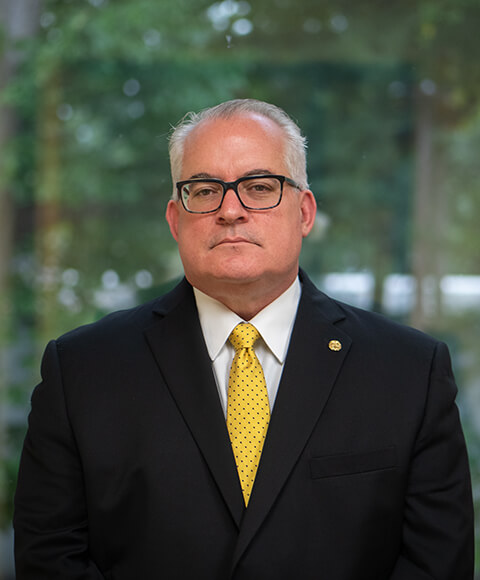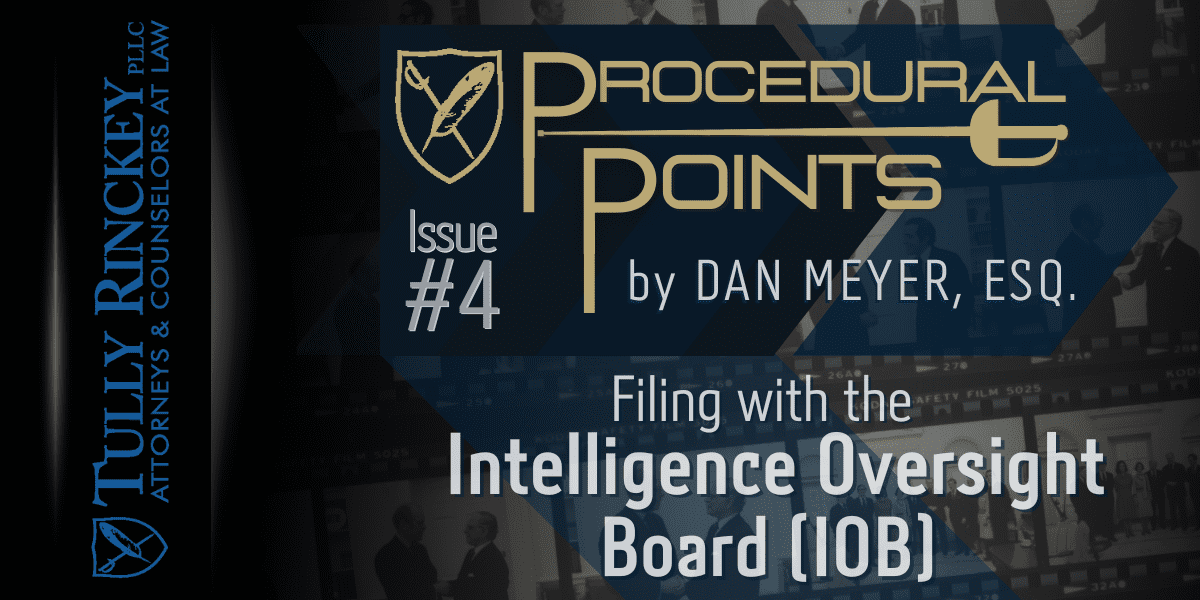Following the Global Financial Crisis (2008) and the COVID Pandemic (2020-2023), many young professionals sought Federal work as a means of building security in their professional lives. As we were powering down from our national security needs in Southwest Asia following 9/11, young Americans entered the classified workplace to offset the loss of retiring Baby Boomers.
But now, that once secure professional pipeline is showing signs of uncertainty. As the Defense Counterintelligence and Security Agency (DCSA) executes changes to the personnel security review and adjudication processes, it is crucial that both security clearance applicants and security clearance holders stay abreast of the changes.
The new consolidated security application process scheduled to replace the Standard Forms (SF)—now called “the Personnel Vetting Questionnaire (PVQ)”—has been pushed back a year or more. But the process informing security clearance acquisition and retention continues to change.
Deadlines: New eApp Standard Forms (SF) for Security Clearance
Updated “February 2024” versions of the SF-85, SF-85P, SF-85P-S, and SF-86 have rolled out via eAPP (Electronic Application). That means any investigations initiated before May 12, 2025 were done on the old SF. This past version of the SF will no longer be accepted as of Aug. 1, 2025. This will be a significant change for Security Offices.
DCSA advises Security Offices managing background investigations initiated prior to May 12, 2025 to submit the case to Adjudication and Vetting Services by July 18, 2025 to allow enough time before the Aug. 1 deadline. This should accelerate any investigations stuck in local backlogs and may help clear DCSA’s backlog.
If the deadline is missed, or corrections or additions are needed, then the case will need to be re-initiated on the updated SF forms (v. Feb. 2024). Any previous version of the form submitted after Aug. 1 will be rejected. The SF forms will all have to be filled out again—this time on the updated Feb. 2024 version—and the case will have to be resubmitted. If fingerprints are more than 120 days old, those will need to be redone too (which is odd, given that fingerprints really do not change that much over time).
Clients have been asking a number of questions:
If you missed the recommended May 12 deadline, will you need to start over with the new forms?
As with many things in Security, “it depends on the individual case.” What happens with one individual may not be the case with another. With this, factors might range from the agency and individual liaison you are working with, or whether a given application merits further investigation. If your Security Officer has advised you to apply at or by a certain time, document it. One thing true in every case is this: these forms are not something to rush through.
Are there new questions on SF-86? What has changed in the new Standard Forms (SF)?
As of July 2025, not much. The forthcoming PVQ may have more changes, but the February 2024 version of the SF has no new questions. A few statements regarding credit report files were taken out. Nothing on SF-85P-S has changed but the version name—and yes, that one needs to be done on the updated version too.
Ready to book your consultation? Click below to pay our consultation fee and book your meeting with an attorney today!
How to Get and Keep Your Security Clearance in the New Classified Workplace
As the Trusted Workforce 2.0 (TW 2.0) initiative continues reforming personnel vetting and security clearance processes, the timeline for when (and for whom) changes are implemented has not always been predictable. Continuous Vetting (CV) has been the standard in the Department of Defense (DOD) since 2021, but not everywhere else. Security clearance processing is backlogged even as Trusted Workforce 2.0 is trying to end that backlog.
The roll out is not without problems, however. For those prospective and current security clearance holders who only want to do their due diligence and protect their careers, tracking all this can be stressful. You may not know what is coming down the pipeline next. Whatever may come, there are some best practices:
- Do not be ignorant. Stay aware. Keep an eye on news coming out of DCSA, and pay attention to any guidance from your point of contact in Security. Reread SEAD-3 and SEAD-4 every year, not just when you first apply.
- Whatever version you are working with—the old SF, Feb. 2024, or PVQ—read the instructions carefully to avoid missteps in the vetting process. Answer the question completely and honestly—but do not over-answer by giving more information than they asked for, either.
- Be prepared to deal with issues before they are made your issue. Adjudicative Guidelines (SEAD-4) lists what might give the government cause for concern. It also lists mitigating factors. SEAD-4 is your bushid: it can give you more than just the sort of information you should be collecting while applying in the event something has triggered further investigation. SEAD-4 can guide you in the actions you can take to mitigate red flags before and after earning clearance: mitigating factors like seeking alcohol-abuse counseling, filing your taxes, paying that money you owe to the IRS, etc.
Stay informed and stay smart. Your Security point of contact/Agency Liaison is a source of information and clarification, but not a privileged one. Attorney-client relationships are privileged: meaning, you will not lose your clearance eligibility for asking your attorney about “that thing you did in college at a party once” in the wrong way without the right context.
Certainly, contacting a security clearance attorney is a good call if you come under investigation, have your clearance rejected or revoked, or if you are applying again after your clearance has already been denied or revoked in the past. But security clearance attorneys are also available before critical problems arise. They are the ones who can go over strategy and help you compile mitigating information in a way that best shows your good judgment, reliability and trustworthiness—however much weed you may or may not have smoked during your freshman year of college (allegedly).
Dan Meyer, Esq. is a Partner at Tully Rinckey PLLC’s Washington, D.C. office and has dedicated more than 25 years of service to the field of Federal Employment and National Security law as both a practicing attorney and federal investigator and senior executive. He is a lead in advocating for service members, Federal civilian employees, and contractors as they fight to retain their credentialing, suitability and security clearances.
Tully Rinckey attorneys understand that issues involving security clearances can be challenging, and they will handle your matter with the attention and tact it deserves. If you have additional questions, our team of dedicated security clearance attorneys is available to assist you today. Please call 8885294543, or schedule a consultation online.







